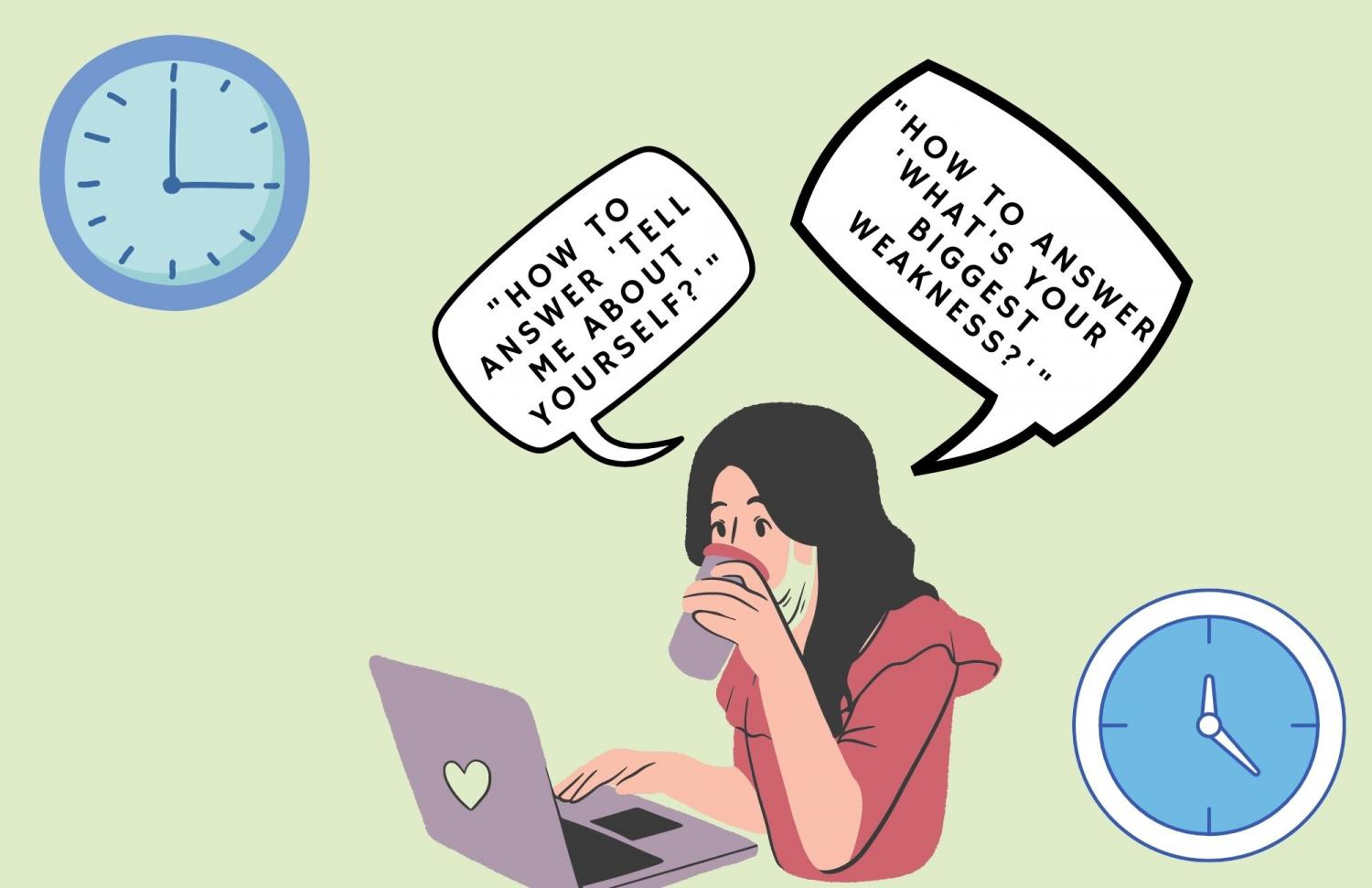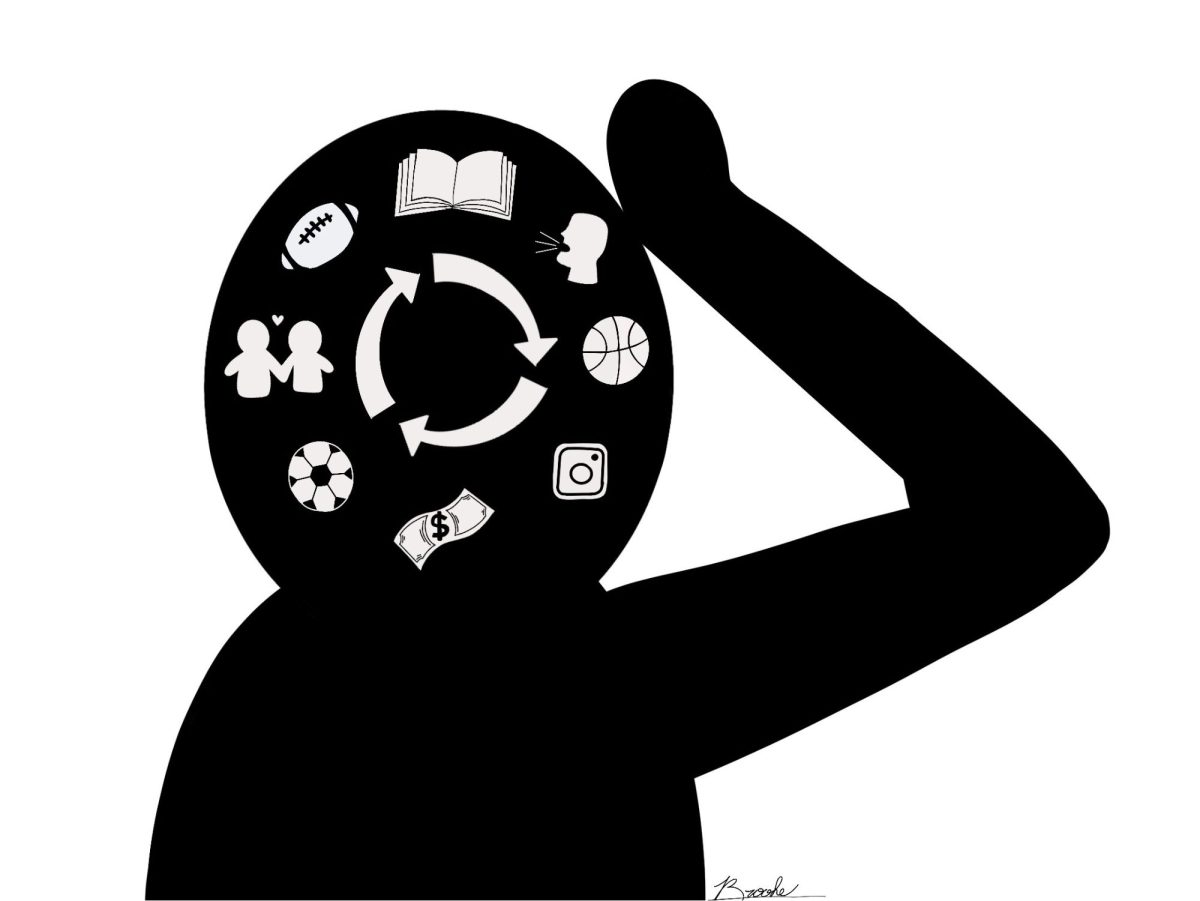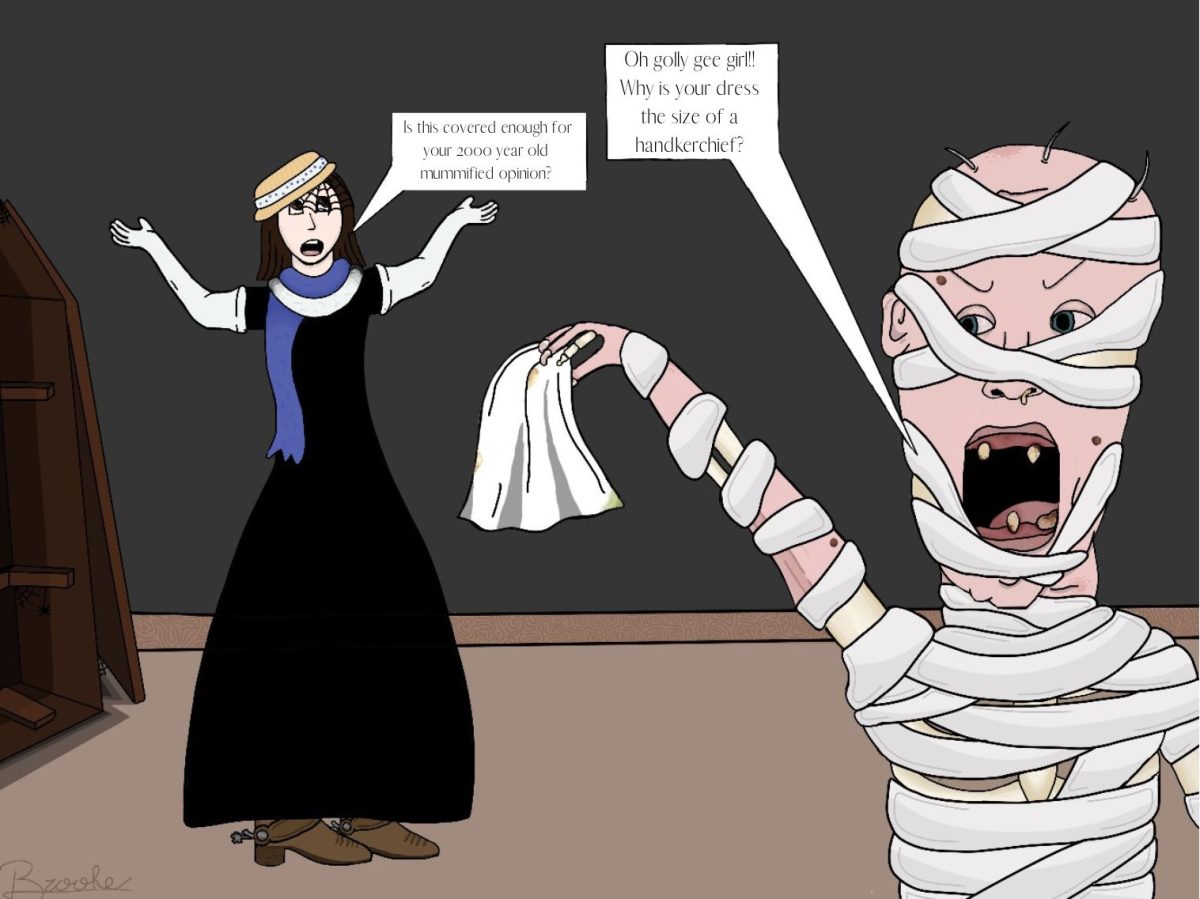I take a seat, look around the empty room and anxiously wait for the manager to come out and greet me. I fix my sleeves, make sure I am sitting up straight and remind myself to stay calm and prepare my firm handshake once they step in.
For many 16-year olds, this is a familiar first experience. Interviewing is a necessary part of getting hired for almost every job. Questions are asked in order to define the type of worker needed, and while that is an important factor, the time and effort put into traditional interviews does not always equal a great employee in the end.
The typical interview process goes like this: the potential candidate tells the interviewer about themself, but not really, focusing only on details that they believe relate to the job they’re applying for. Then, they speak on their strengths and weaknesses, but only enough to where they don’t overshare and seem unfit for the job.
There are so many rules on what to say and what not to say, when in reality, it shouldn’t be this complicated. An interview does not determine whether a candidate will be a good worker based solely on their words. It’s similar to the saying, “It’s what you do and not what you say.” Someone could be really great at public speaking, and so the confidence in their tone may stand out to an interviewer. On the other hand, someone may be lacking that particular skill, but they have a great work ethic. That’s a loss of a useful employee – bad for the applicants, and bad for the company.
A better way of doing the interview process is examining how the candidate does during a one week trial period: they go to the workplace, dress in the required attire, and get trained as if they were already hired. Although it is more time-consuming, there would be a vast difference between those employees that stay and work their hardest for that job position, compared to those that can just tell the employer what they want to hear.
This approach would allow the hiring manager or owner to see how well one adapts to the work environment, their ability to follow instructions and how well they get along with their potential co-workers. Being shadowed throughout the week shows their strengths and weaknesses without needing to verbally state their qualities and in fact, answers many other interview questions just by watching them complete the tasks.
Yes, having a successful interview and putting one’s time towards that shows a sense of determination and effort in itself. But, is this really what we should do every single time we apply for a new job? Every company is different. Maybe a typical interview setting is perfect for a position like a receptionist, but for a job in food-service, it’s important to see how well that candidate works in that type of setting.
A job is a job. As candidates, we should be able to be more honest and have the time to get at least slightly comfortable so that we aren’t just constantly fumbling over our words. In the end, whoever the interviewer is – the owner, hiring manager, operations manager – we should be able to show our skill set and be based off from there.



!["I will be attending Trunk or Treat [for FCCLA]" junior Crystal Li said. "We're gonna use Mr. Harbeson's car, and we will be [hosting three different activities]."](https://southwestshadow.com/wp-content/uploads/2025/10/IMG_0980-1200x900.png)










